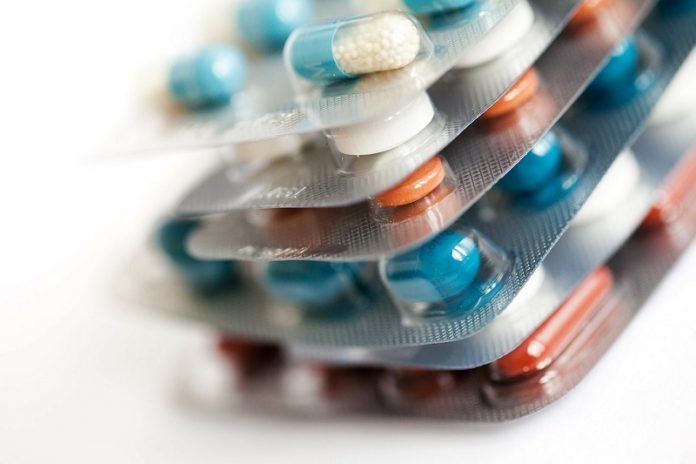
Scientists from Leiden University found people who have taken antibiotics in the past three months pay more attention to negative facial expressions.
This may explain how antibiotics increase the risk of developing depression.
The research is published in Physiology & Behavior and was conducted by Katerina Johnson et al.
The use of antibiotics negatively affects the microbial community in the gut, previous research has shown. That can then have knock-on effects on the rest of our health.
In the study, the team examined whether there are differences in the way people process emotional stimuli depending on whether they have recently taken a course of antibiotics or not.
The participants were young, otherwise healthy college students who had been treated for relatively minor ailments. They had recovered from their infection when they were recruited for the study.
The team found that those who had taken antibiotics paid more attention to negative facial expressions. They paid more attention to sad facial expressions in particular.
Previous research found that a person who pays more attention to negative emotions has a higher risk of developing mental illnesses such as depression and anxiety.
Recent studies have found that even one course of antibiotics can increase the risk of depression and anxiety.
As well as the disruption to the microbiome caused by antibiotics, inflammation from an infection can itself affect the brain.
However, studies have shown that people who have an infection treated with antifungal or antiviral drugs do not have such an increased risk of depression.
This suggests that antibiotics may be a causal factor in the link with negative mood. In addition, we also know from animal studies that antibiotics can cause symptoms of depression.
The team says this association between antibiotic treatment and increased negative bias demonstrates the strong link between physical and mental health.
Antibiotics are commonly prescribed and are important for treating bacterial infections.
If you care about depression, please read studies about 6 painful things about depression no one talks about, and this therapy is more effective than ketamine in treating severe depression.
For more information about depression, please see recent studies about how to win the battle against depression, and results showing the differences between anxiety and depression.
Copyright © 2022 Knowridge Science Report. All rights reserved.



